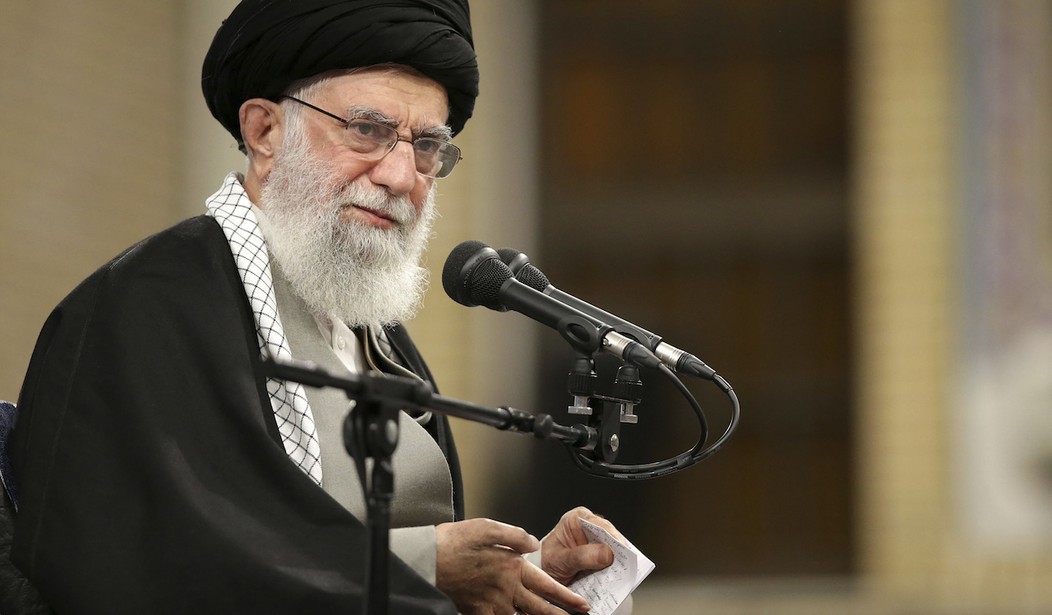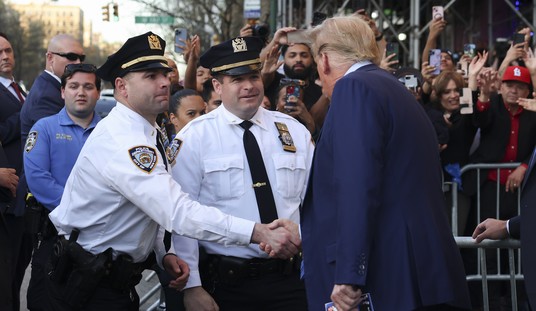On April 11, citizens of Iran began returning to work after an inexcusably brief nationwide lockdown. The coronavirus outbreak in Iran is the worst in the Middle East and possibly the world. Yet the Iranian regime moved more slowly and took less action that most others.
The official death toll has already exceeded 5,000, but credible sources like the main opposition National Council of Resistance of Iran (NCRI) have concluded that the actual number of COVID-19-related fatalities is between five and 10 times this number.
The brief lockdown notwithstanding, these dramatic estimates reflect gross mismanagement of the crisis from its earliest stages.
The regime failed to acknowledge local outbreaks until they had already taken firm hold of the country. The first public statements came on February 19, at which time two patients were confirmed to have died from COVID-19. But the NCRI has obtained documents from inside Iran showing that several individuals were admitted to Iranian hospitals in the last week of January with suspected coronavirus infections.
Considering that COVID-19 may incubate for up to two weeks before a patient begins to show symptoms, this means that the infection could have been spreading across Iran as early as the first week of January. This should have given the clerical regime extra incentive to take extreme measures once the first official tests came back positive and the first fatal cases were registered.
Instead, the late January hospital admissions were swept under the rug and the fatalities were downplayed in public speeches and state media. Two days after their announcement on February 19, regime officials continued to urge the highest possible turnout for parliamentary elections. Supreme Leader Ali Khamenei even declared participation in those elections to be a religious duty.
Recommended
The actual turnout for the February 21 so-called election was the lowest in the history of the Islamic Republic. Still, Tehran knowingly put its own citizens at risk. There is little doubt that among the perhaps 35,000 Iranians who have died from COVID-19 so far, some contracted it while casting ballots in an election that was fundamentally illegitimate.
One Iranian expatriate researcher, Farhang Radjai of the University of Montpellier in France, predicts that deaths from the second wave of Iran’s outbreak could significantly outpace the mortality rate up to this point. Radjai determined that the number would likely reach 60,000 by the end of May if the government continued along its current path of avoiding quarantine.
The regime's economy has effectively been deemed more important than human lives across Iran. The regime’s response to coronavirus has largely revolved around exploiting it as grounds for demanding an end to U.S. sanctions, even as it spends billions of dollars on missiles. Some might be tempted to assume that this is because Iran’s return to international markets opens up more opportunities to help the Iranian people. But in reality, the regime has dismissed many such opportunities in favor of playing the victim.
The U.S. government and Doctors Without Borders each made offers of medical aid, only to be refused by Iranian officials. And although Khamenei and other hardline authorities wield personal control over billions of dollars, the supreme leader dragged his feet for weeks before even releasing $1 billion from the Sovereign Wealth Fund.
Meanwhile, Iranians have been growing increasingly desperate, in absence of all but the most rudimentary government relief efforts. As such, many of them are now reluctantly embracing the end of the nationwide lockdown, not because they are unaware of the danger to their health but because they truly cannot survive without income. They'd rather die from the virus than from hunger, some say!
Tehran had two options for how to address this situation, and they chose the one that serves the regime’s ends but, naturally, not the people’s. If the authorities hadn’t sent people back to work, they would have had to implement a comprehensive relief plan or else face widespread revolt. And since helping the population would have entailed giving up spending on regional terrorist proxies, missile and nuclear production and institutions of domestic repression, either scenario would have spelled doom for the theocratic system.
This is not to say that sending people back to work will do much to safeguard the regime in the wake of the COVID-19 crisis. It may, however, delay the next inevitable clash between that regime and its people. But when Iranians are able to look back on the crisis and fully understand the human cost of the regime’s actions, the backlash will undoubtedly be severe.
The entire international community ought to support the Iranian people in giving voice to that backlash, and should ultimately help those people to establish a government that actually cares for human life.

























Join the conversation as a VIP Member